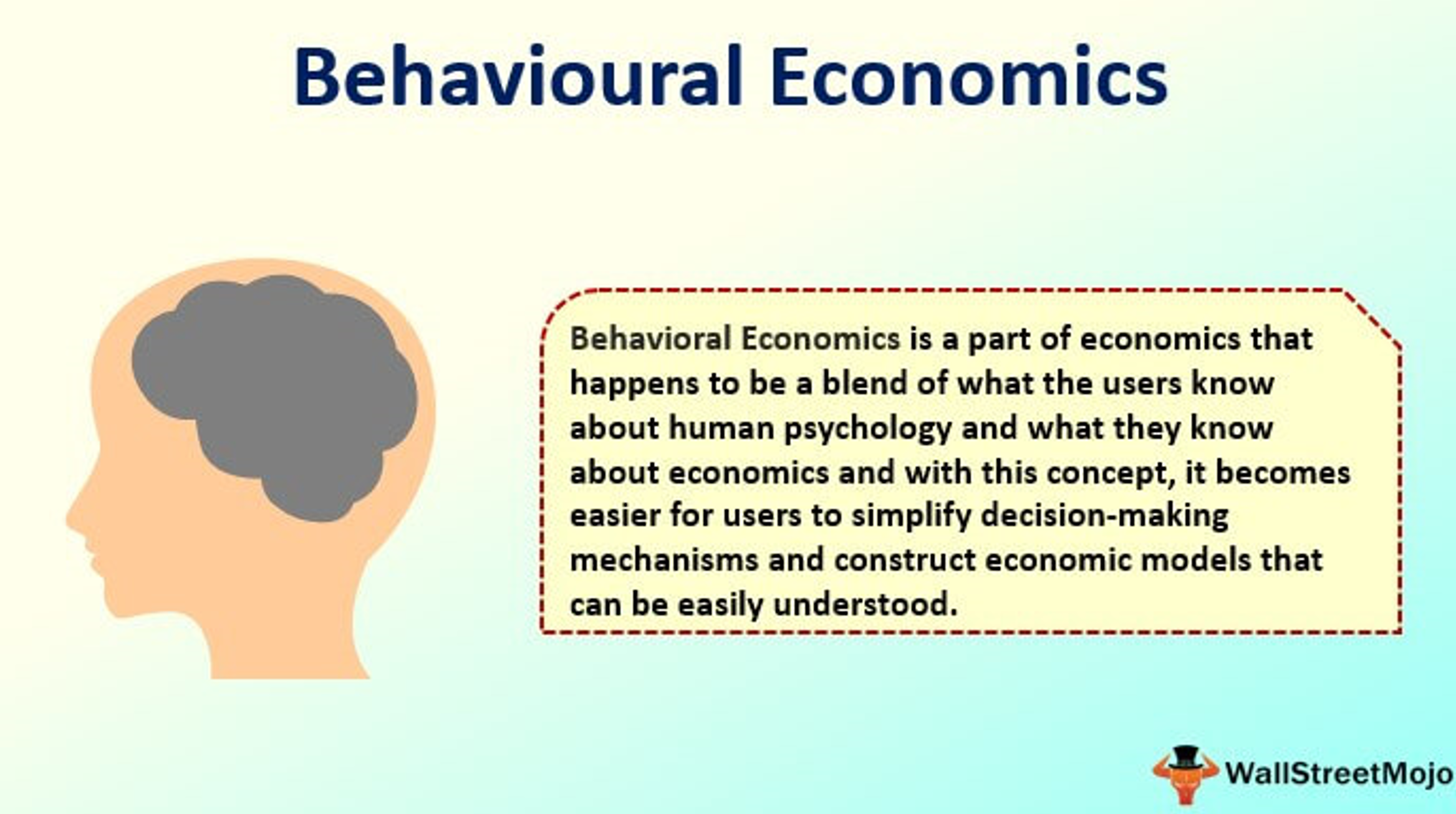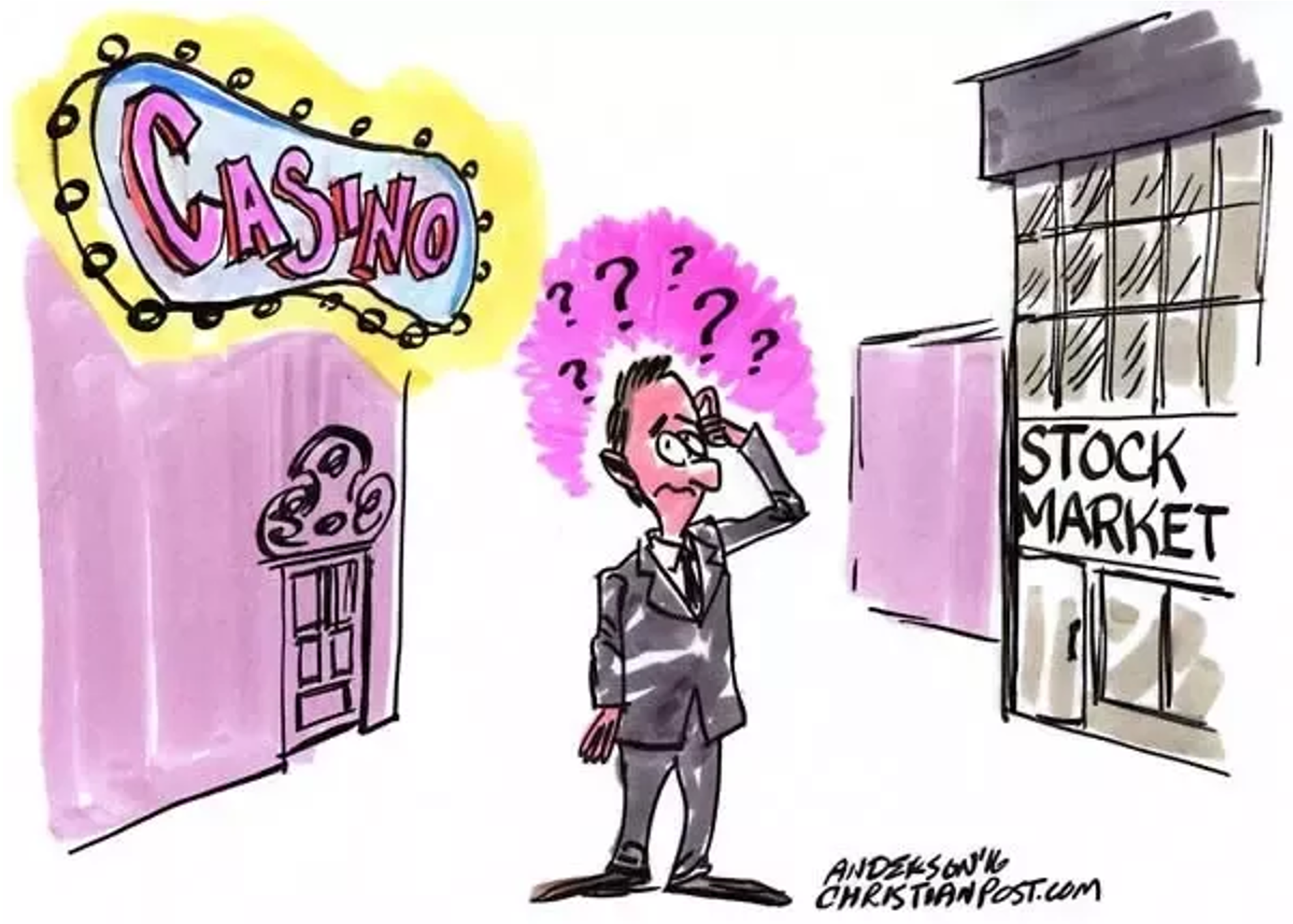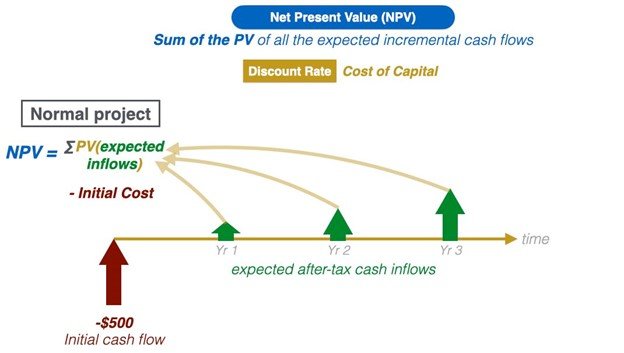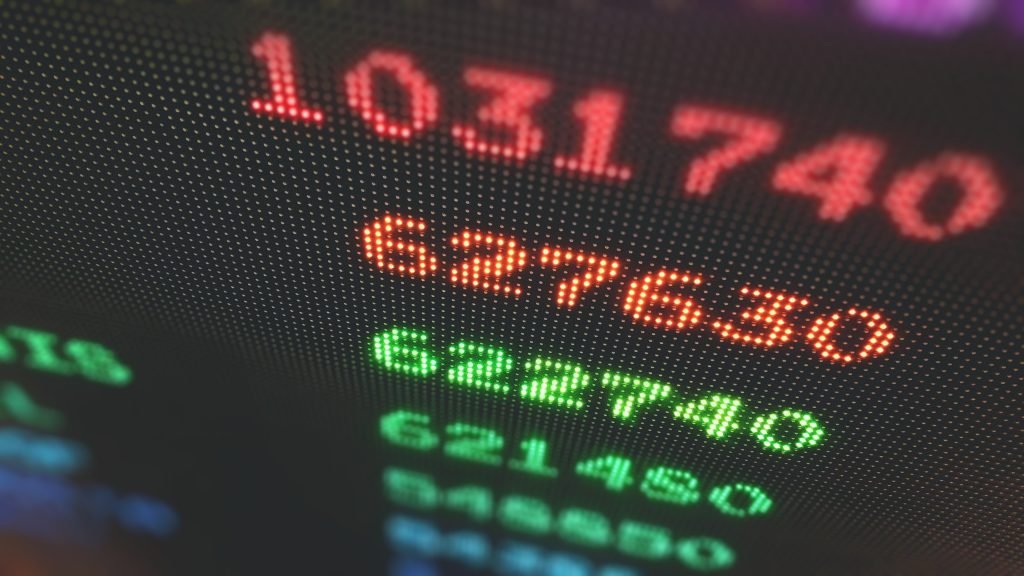Part 3
And A Guessing Game…
Behavioral Economist Richard Thaler chose to illustrate the important insight of Keynes in a different way. His Guessing Game illustrates the difficulty involved in competing against other rational actors. Guessing a number correctly in his format requires you to properly assess the rationality, or lack thereof, of the competition which makes the task extremely difficult. Rather than judging a beauty contest, let’s have you guess a number correctly. Thaler ran the following ‘game’ or experiment to illustrate what Keynes was talking about in the Financial Times in 1997:
Readers pick a number between zero and 100. The winner is the contestant with the number closest to 2/3 of the average of all numbers entered in the contest Let’s put our thinking caps on. Since the number has to be 2/3 of the number selected, we can deduce that it is lower than 67 since if everyone picked 100, unlikely as it may be, any number above 67 doesn’t meet the criteria for a winning number. Since you know the other participants in the study are rational and have the same information and task as you, you could also assume that they likely wouldn’t pick 67. It’s the highest permissible number and 2/3 of 67 (which a lot of people might choose) is about 45. Oh! Wait! Then maybe the extra intelligent people will pick 45, which would mean the winning number would be 30, but how smart is my competition? How smart do they think I am? This is the issue when the extra variable is added.

This is why it’s hard to determine the actual value of stocks. Regardless of all analysis, prices are ruled by the almighty ask and bid, which are affected by perceptions. As perceptions evolve, so do the prices people are willing to pay for certain securities. If you follow this iterative logic, extrapolating the logic of your competition to get the perfect guess, you’ll come to the answer zero. However, while this iterative logic can be a helpful exercise or analytical tool, it doesn’t reflect the real answer in the experiment or the real world. The average of the numbers was 19, and the winning number was 13. In a nutshell, what we’re offering at FSInsight is to help you get to 13. We know the market participants, and we have the data and analytical firepower to give you an edge.
Daily Technical Strategy covering all major trends!  Technical Strategy Daily
Video and Research Publications! |
Some investors are troubled by the fact it’s difficult to unify fundamental analysis with the insights of Keynes and Thaler. Professor Thaler is not fazed by the lack of a unifying principle. “There’s never going to be a theory that’s as simple as the one that says everybody is rational, they have rational expectations, and they make decisions based on expected utility theory,” he says. “If you want a neat and tidy theory, that’s the one. It just happens to be wrong.”
And Yes, It Is Even Like Gambling, Just Maybe Not The Type You Think
You might’ve heard people deride the stock market as nothing but a rigged casino. While there might be superficial similarities, we think this is an unfortunate metaphor. That is not to say that the stock market is not like gambling. It is a different kind of gambling. Unlike casinos, there is no house with an inherent advantage in horse racing.
Same with the stock market. Players play against one another, and each horse will have ‘odds’ of winning. Those horses with poorer odds will pay off better if they win. Those horses with the best odds are expected to win, so when they do, the payoff is not nearly as high as if a ‘dark horse’ roared from behind and won. This is why there’s similarity between a winning strategy in horse racing and a winning strategy in stock picking. You don’t want to have all ‘dark horses’ because your odds of winning anything will diminish.
But you also don’t want only the horses with the best odds, as your risk-adjusted return will not be as high as if you included a healthy mix of both. Diversification and the thoughtful use of diverse and sometimes alternative metrics can help sharpen the analytical process. Oh, diversifying by narrative doesn’t hurt either. We can help you with that.
Conclusion
Ok, so we know this was a lot. This stuff is not for the faint of heart or for those that lack intellectual curiosity. But we believe being ahead of the crowd is one of the best ways to achieve superior alpha. When Our Head of Research, Tom Lee, first recommended Energy in the heart of the pandemic, it was highly unpopular and the market had essentially proclaimed the death of this once vaunted sector. But Tom Lee did the hard work. He came to understand that as needs and consumption evolved passed the lull in demand caused by COVID-19, Energy companies would have appealing characteristics. Since the beginning of the treacherous markets we’ve faced in 2022, the Energy sector has dramatically outperformed all the other sectors in the S&P 500.










